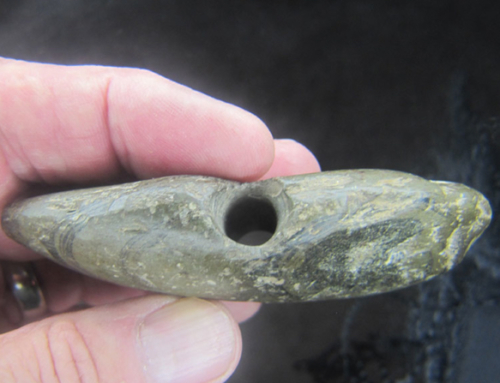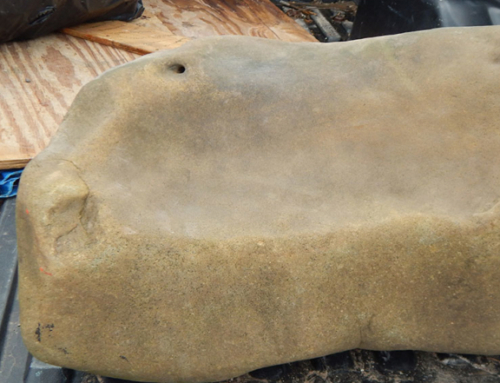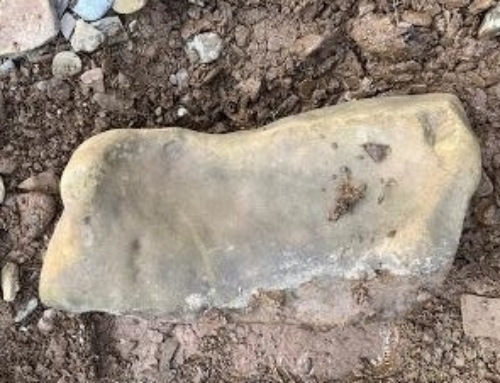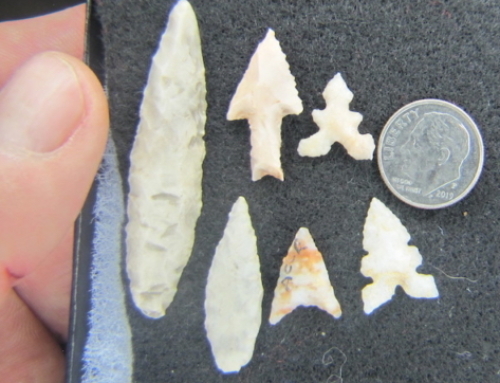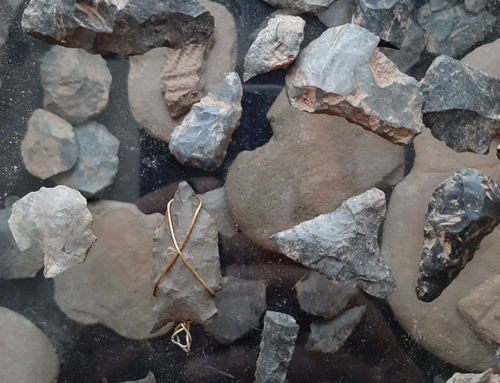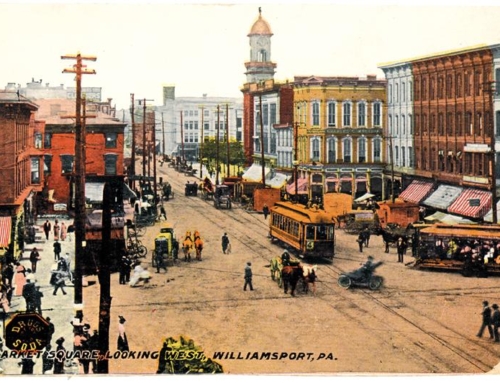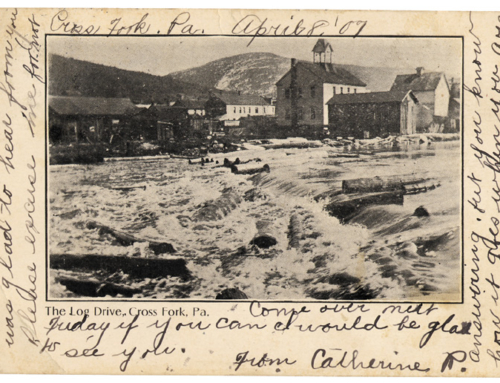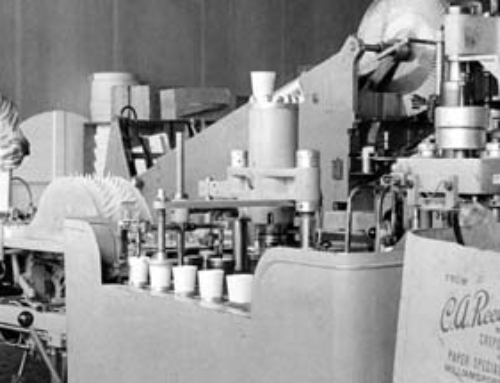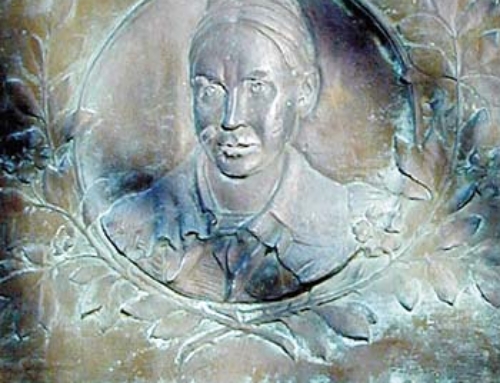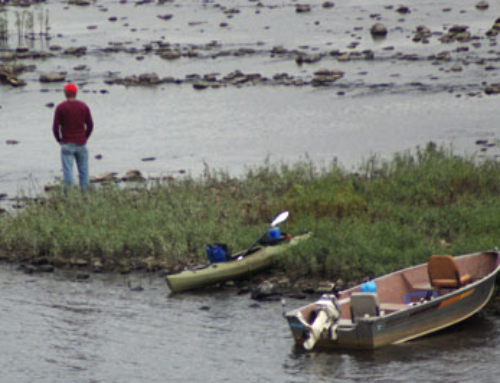The Grand Army of the Republic was an organization of Civil War veterans located in towns and cities throughout the Northern States of the Union. It was the Civil War equivalent of the American Legion or Veterans of Foreign Wars.
Muncy had the second largest G.A.R. Post in Lycoming County. These posts were named for various local Civil War heroes. The Muncy post was no exception.

Little is known of John Musser’s occupation and background from the time his wife died until the outbreak of the Civil War. Some reports indicate that during the period before his marriage from 1849 to 1851, Musser went to California to seek his fortune in the gold fields. It was a very dangerous, but profitable, undertaking for him and apparently he realized some financial success from his efforts.
When the Civil War broke out in the spring of 1861, Musser did not immediately enlist. He was torn severely by a twin sense of duty. The first was his duty to his motherless young daughter and, the second, his sense of duty to his Commonwealth and country. Musser was active in recruiting others for service; two of his brothers went off to war. By the summer of 1862, his torn sense of loyalty became too much for him and he enlisted in the service of his country, entrusting his young daughter to her grandparents, Mr. and Mrs. Joshua Bowman.
Musser was commissioned a 1st Lieutenant of Company K, 143rd Regiment, Pennsylvania Infantry. His commission was dated Oct. 1, 1862; one month later he was promoted to the rank of major of the regiment. According to Robert T. Lyon in his article on Colonel Musser in “Now and Then,” the Journal of the Muncy Historical Society, “The 143rd Regiment, Pa. Volunteers was one of the most active of the nearly 250 regiments from Pennsylvania that served during the war.” Mexican War veteran Colonel Edmund L. Dana commanded the regiment.
The Musser/Bowman family sent several of its members into Union service during the war; two would make the supreme sacrifice. Musser’s brother-in-law, Washington Dunn Bowman, was killed at the Battle of Fredericksburg in January of 1863. Musser’s brother Robert, a captain during the Civil War, was captured near Manassas Station, Virginia while trying to keep supplies that were stored there from falling into Confederate hands. Captain Musser was exchanged later that year. General Grant discontinued this practice in 1864. Another Musser brother, William, served the Union cause as an Army surgeon and was stationed near Washington, D.C.
Lieutenant Colonel Musser served as executive officer of the 143rd Regiment and saw action at the Battles of Fredericksburg and Chancellorsville, but it would be at the battle of Gettysburg that he would distinguish himself.
The 143rd was attached to General John Reynolds’ First Corps. When General Reynolds was killed on the first day of the battle, General Abner Doubleday, the alleged inventor of baseball, took command of the First Corps. General Dana, commander of the 143rd Regiment, assumed command of the brigade and command of the 143rd Regiment fell to Colonel Musser. The charges and countercharges of First Corps had Musser and his 143rd Regiment in the thick of the fray. Entering the battle, the 143rd had 465 men; they lost 262. The 143rd played a critical role in repulsing the Confederates at Seminary Ridge on July 1, 1863.
Musser miraculously emerged from the bloody Battle of Gettysburg unscathed, though he had two horses shot out from under him. According to Lyon’s article in “Now and Then,” Musser filed a claim with the Lycoming Mutual Insurance Company for the cost of the horses. Musser’s father-in-law, Joshua Bowman, was a member of the board of directors of the same insurance company at the time the claim was filed. The U.S. government paid the estate of John Musser $200 for the cost of the horses killed.
Musser saw his young daughter for the last time while on furlough in January 1864. Nothing further is known of Musser until April 1864 when he sent a “certificate of disability” to his commanding officer. It stated that he had an unknown condition that resembled severe, chronic bronchitis and “therefore he is unfit for duty.” Apparently, either Musser or his superiors disregarded the certificate because he returned to action with his regiment at the Battle of the Wilderness the first week of May 1864. During the course of the battle on May 3rd, Musser’s commanding officer was wounded and taken prisoner. Musser then assumed command.
On the morning of May 6th while leading his regiment Musser was mortally wounded, sustaining a minie ball wound to his femoral artery. He was taken to the Division hospital where he died. His body was returned to Muncy where it was interred in the Muncy Cemetery, next to his late wife and his late brother-in-law.
By Lou Hunsinger Jr., Williamsport Sun-Gazette


